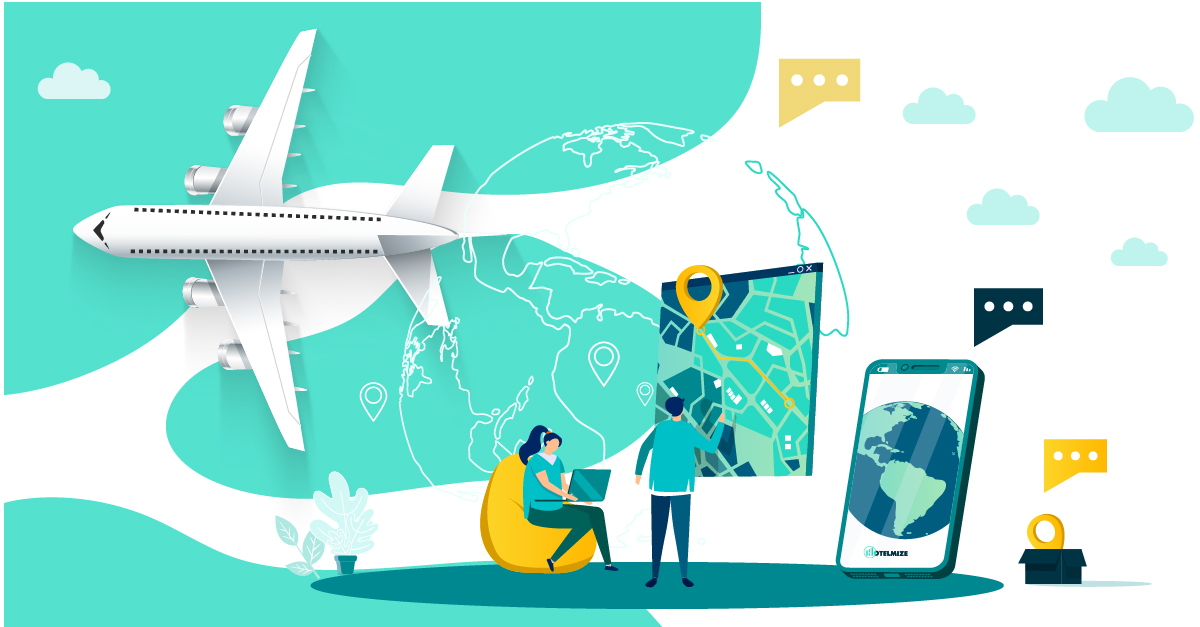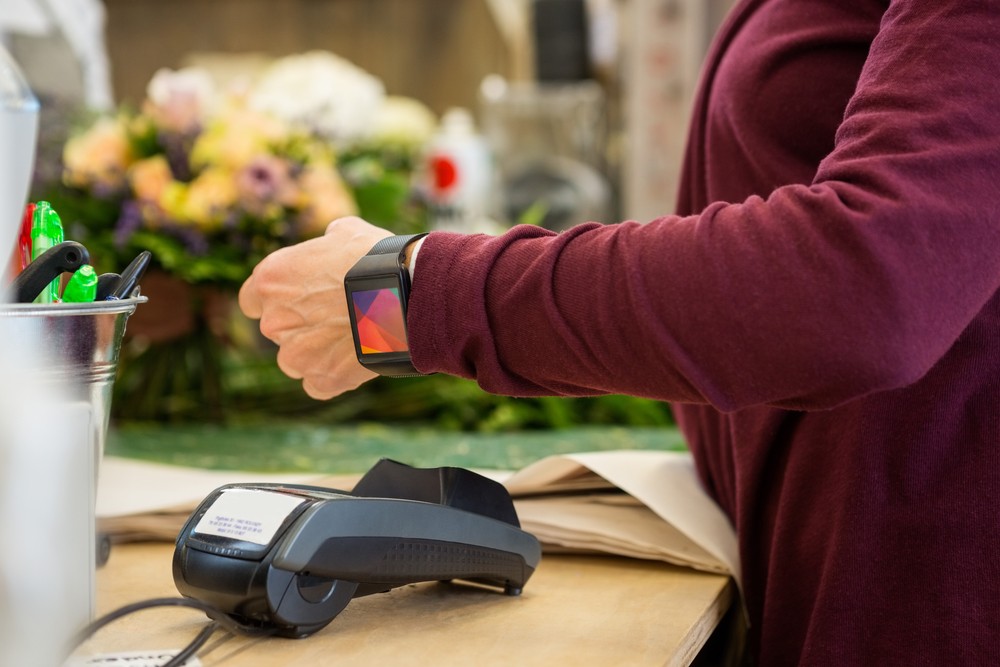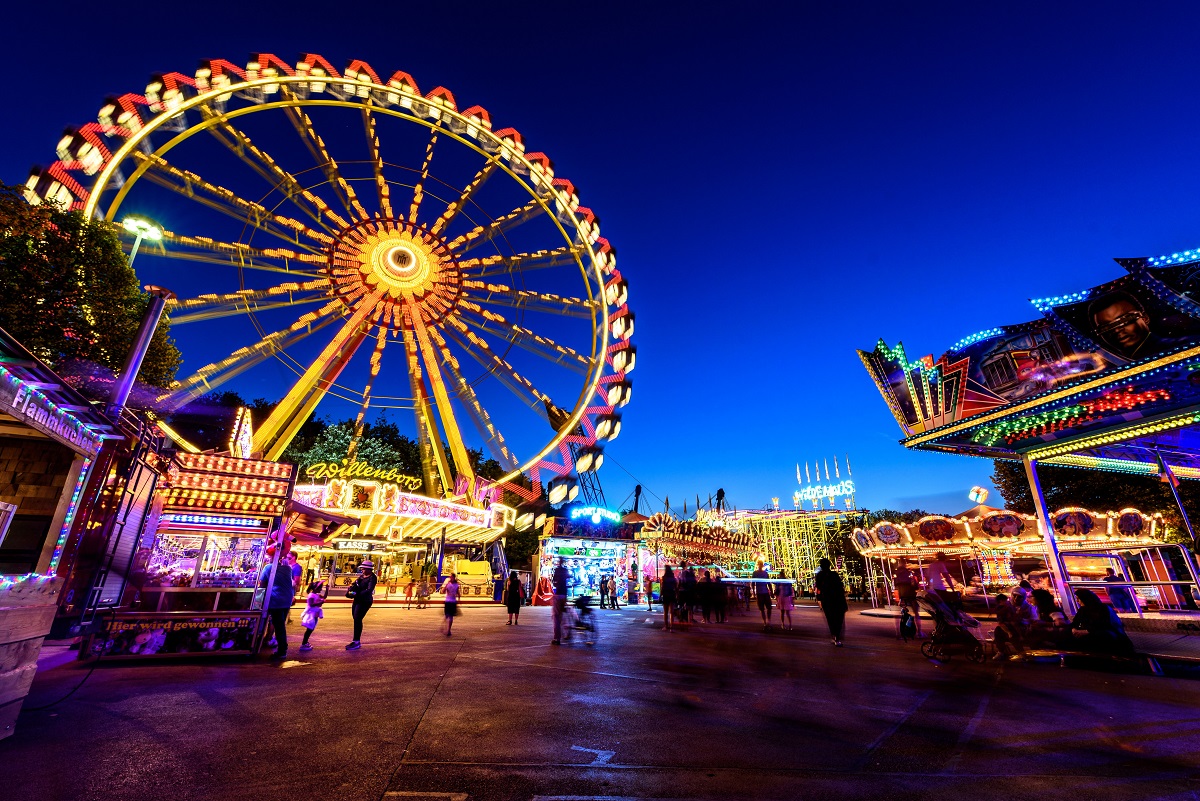The Internet of Things and artificial intelligence is transforming manufacturing into industries and businesses today and include the travel industry. Although the trend in travel can often be offbeat and remote, the experience and expectations are technologically more advanced. Without a doubt, today’s traveler is more technologically knowledgeable with changing technology than ever before. In addition, the travel industry has expanded rapidly, and while demand and expectations have grown, so have costs, requirements, and distribution. And technology is an alchemy that will bridge this gap.
And technology is an alchemy that will bridge this gap.
Blockchain technology in travel
Blockchain, which exploded in the digital world a few years ago, is considered the technology of the future. This technique is essentially related to data collection and transfer through particular groups. Its major feature is that the information is always detectable and transparent, yet is highly secure as it is resistant to tampering or modifications. This is particularly important for travel and tourism companies that rely on data and monetary transactions between agencies, vendors, airlines, hotels, etc. between different sectors. Blockchain technology can ensure safe, secure, and seamless transmission across various channels.
Perhaps this technology will soon also be an everyday part of the customer experience, in which you will make your flight, hotel, and car rental reservations through chatbots and robots that operate via blockchain technology.
Voice Technology in the travel industry
This technology is evolving rapidly and is increasing interest in this field, from voice search on Google to voice assistants like Amazon Echo. It is estimated that by 2020 at least 50% of searches will be by voice. The technology has also given great interest to the travel industry, which has found many examples of using it to provide better and more efficient customer service.
Hotels are now installing voice devices in rooms and customers can easily use them to communicate with hotel staff, set alarms, or control room temperatures. They can easily and quickly get information about the place, weather, or traffic conditions, from which hotel rooms are converted into smart rooms and travelers are joining in the pleasure. In addition, hotels get a more detailed digital mapping of their guest’s preferences.
Biometrics technology reshaping travel trends
Especially in the airline sector, travel speed, calls for check-in and security procedures, while threat identification has become ever more important in today’s world. The use of biometrics is one of the fastest and most effective answers. Facial recognition, retinal scans, and fingerprints help to make procedures faster and more secure.
For example, Changi Airport has already implemented facial recognition at its security processing point for departure. This has enabled it to handle more and more passenger traffic. Dubai Airport also has plans to automate its passport checks at the airport. It works by checking the identity of people passing through the marked area through hidden cameras. It is estimated that by the year 2020, around 30% of airports around the world have implemented a single biometric identity management system.
Some airlines are also using biometrics for more secure and faster processes. Air New Zealand for example has a biometric bag drop, while Air Alaska is issuing biometric boarding passes. At the end of last year, Delta Air Lines launched the first “biometric terminal” in the United States in the city of Atlanta. Here facial recognition quickly investigates and identifies passengers as they move through the terminal.
Robots – the future technology of the travel industry
The use of robots in the travel industry is slowly, but surely growing, more in the hotel industry. Japan led with it for the first time in its fully robot-managed hotel – The Henn-na Inn Ginza. However, it did not conform to expectations with experimental innovations and human interventions. Hotels in The Hilton (Virginia) and The Marriott (Chicago) in the US are using robots for concierge and room services, respectively.
Thus providing an add-on pleasure factor to customers. Many other hotels are seeing some sort of roboticization of their services. The main reason behind this is to save costs and labor barriers. Restaurants are experimenting with robots because of their cost savings. This is particularly favorable in the fast-food sector. Outlets like McDonald’s, KFC, and Wendy’s in the US already use robots for many routine and unpleasant tasks.
Wearable Devices permeates the travel industry
The promotion of wearable devices at the individual level may stop. However, these are favorable for commercial use. A top of the travel segment is a luxury cruise. Here these tools are bringing a new way of monitoring, managing, and owning the customer experience. From room keys to access to a special lounge or restricted area, to temperature control. Even from booking activities to personal recommendations and more. This technology is revolutionizing cruise experiences and interactions.
A year ago the Carnival Corporation part of the Holland America group launched a wearable pendant for passengers aboard their Regal Princess ship. It served as a ubiquitous ID for travelers. It also served as their room key, they could use it to book activities on the ship, as well as order food and drinks. The Walt Disney Company offers a customizable, RFID-equipped MagicBan. It connects to the theme park infrastructure. Thus reducing waiting time also helps in tracking visitors’ activities and location.
Related Post –














